Top 10 Superfoods For Healing Of IBS, Acid Reflux, Ulcers And Other Digestive Disorders
Last updated on
The digestive process seems simple on the surface. You put a food in your mouth, chew it up, and swallow. Then your body breaks down your food into components your body can utilize and absorb. Whatever’s left gets excreted as waste.
In reality, however, digestion is a complex process that can be easily sidelined by a number of factors, from not chewing your food enough to lacking enzymes, stomach acid, or the right balance of microbes to properly digest your food and absorb its nutrients.
The foods you eat can also make or break your digestive health, with heavily processed, genetically modified (GM), and sugar-rich foods among the worst offenders. If your diet is based on the latter, your gut is likely inflamed, possibly leaky, and putting you at risk of both chronic and acute health problems.
Cleaning up your diet with the digestive superfoods that follow can go a long way toward repairing the damage and healing your gut.1,2
10 Gut-Healing Foods For To Heal Digestive Disorders
1. Aloe Vera
Fresh aloe vera gel is rich in enzymes and has antibacterial, anti-fungal, and anti-viral properties. It’s also a powerful anti-inflammatory, making it useful for soothing a number of digestive complaints.
Aloe vera juice can be helpful for acid reflux, for example, but ideally should be made from home-grown aloe with leaves that are 18 inches long before harvesting. Species that produce thick leaves are best.
Aloe also contains high amounts of an immune-stimulating polysaccharide, especially mannose, which has been shown to induce white blood cells to secrete interferon, tumor necrosis factor, and beneficial cytokines.
The benefits come from the inner gel of the plant, not the outer leaf. The inner gel can be combined with a lime or lemon and blended with a hand blender to make it more palatable when drinking. In addition, aloe vera has been found helpful for:3
- Candida infections
- Parasitic infections
- Constipation
- Ulcers, including those caused by H. pylori bacteria4
- Crohn’s disease, colitis, and irritable bowel syndrome (IBS)
2. Bone Broth
Bone broth is used as the foundation of the GAPs diet, which is based on the Gut and Psychology Syndrome (GAPS) principles developed by Dr. Natasha Campbell-McBride.
It forms the foundation because not only is it very easily digested, it also contains profound immune-optimizing components that are foundational building blocks for the treatment of autoimmune diseases. It is incredibly healing to your gut.
The GAPS diet is often used to treat children with autism and other disorders rooted in gut dysfunction, but just about anyone with allergies or less than optimal gut health can benefit from it, as it is designed to heal leaky gut. If your gut is leaky or permeable, partially undigested food, toxins, viruses, yeast, and bacteria have the opportunity to pass through your intestine and access your bloodstream; this is known as leaky gut.
When your intestinal lining is repeatedly damaged due to reoccurring leaky gut, damaged cells called microvilli become unable to do their job properly. They become unable to process and utilize the nutrients and enzymes that are vital to proper digestion.
Eventually, digestion is impaired and absorption of nutrients is negatively affected. As more exposure occurs, your body initiates an attack on these foreign invaders. It responds with inflammation, allergic reactions, and other symptoms we relate to a variety of diseases.
Leaky gut is the root of many allergies and autoimmune disorders, for example. When combined with toxic overload, you have a perfect storm that can lead to neurological disorders like autism, ADHD, and learning disabilities. Bone broth contains a variety of valuable nutrients of which many Americans are lacking, in a form your body can easily absorb and use.
This includes gelatin. The gelatin found in bone broth is a hydrophilic colloid. It attracts and holds liquids, including digestive juices, thereby supporting proper digestion. In addition, bone broth contains:
- Calcium, phosphorus and other minerals
- Components of collagen and cartilage
- Silicon and other trace minerals
- Components of bone and bone marrow
- Glucosamine and chondroitin sulfate
- The “conditionally essential” anti-inflammatory amino acids proline, glycine and glutamine
3. Fermented Vegetables
Another key component of the GAPS program is the daily consumption of fermented foods, particularly fermented vegetables such as sauerkraut and kimchi.
Fermented foods are potent chelators (detoxifiers) and contain much higher levels of beneficial bacteria than even probiotic supplements, making them ideal for optimizing your gut flora. Fermented veggies also contain high levels of antioxidants and fiber for optimal digestive health.
Just one-quarter to one-half cup of fermented veggies, eaten with one to three meals per day, can have a dramatically beneficial impact on your digestive health and your overall health.
If you ferment your own vegetables, consider using a special starter culture that has been optimized with bacterial strains that produce high levels of vitamin K2. This is an inexpensive way to optimize your K2 levels, which are also crucial for good health.
If you enjoy spicy foods, you might also want to give kimchi a try. Kimchi is a traditional Korean dish made from fermented vegetables and a spicy blend of chili peppers, garlic, scallions, and other spices.
It’s common to find kimchi at almost every Korean meal, where it is served alone as a side dish, mixed with rice or noodles, or used as an ingredient in soups or stews. It’s rich in vitamins A and C, and due to its fermentation process is also rich in beneficial gut-boosting lactobacilli bacteria.
4. Kefir and Coconut Kefir
Kefir (fermented milk) and coconut kefir (fermented coconut water) are two more options to add more fermented foods to your diet. Both are rich in probiotics and enzymes to promote healthy bacterial balance that is necessary for proper gut health.
Kefir is easy to make at home using organic, raw, grass-fed milk, or coconut water, and will contain far more probiotics than you can get in supplement form.
In addition to beneficial probiotics, traditionally fermented kefir also contains:
- Beneficial yeast
- Minerals such as magnesium, phosphorus and calcium
- Essential amino acids (such as tryptophan, which is well-known for its relaxing effect on the nervous system)
- Vitamins B1, B2, B7 (biotin) and vitamin K
If you don’t consume dairy or you’re looking for a different taste, coconut kefir is a nice alternative to support your gut health. As noted by the Epoch Times:5
“Coconut kefir will enhance hydration and recolonize your gut and mucous membranes with a wide variety of beneficial microflora. It also contains beneficial yeasts that seek out and destroy pathogenic yeasts in the body (like Candida) as well as helping clean, strengthen, and purify intestinal walls so it can become more resistant to dangerous pathogens like E. coli, salmonella, and parasites. Coconut kefir also helps assimilate nutrients in the gut and enhances the usage of certain trace minerals and B-vitamins.”
If you don’t care for eating or making your own fermented foods, it is important to take probiotics supplements instead. Below are some recommended quality probiotics that work:
BUY PROBIOTICS SUPPLEMENT:
5. Flax Seed Tea
Flax seed tea is simple to make by pouring 12 ounces of boiling water over one tablespoon of flax seeds, then letting it steep overnight (drain the seeds out prior to drinking). This simple beverage provides healing support to the colon due to its content of omega-3 fats, soluble fiber and lignans, which are anti-inflammatory and have a lubricating effect.6 If you have leaky gut syndrome or irritable bowel, give this tea a try.
6. Red Cabbage
Red cabbage is rich in the amino acid L-glutamine, which is known to help heal the soft tissue lining your intestines. It’s especially helpful for people with leaky gut, ulcerative colitis, celiac disease, Crohn’s disease, and irritable bowel syndrome.
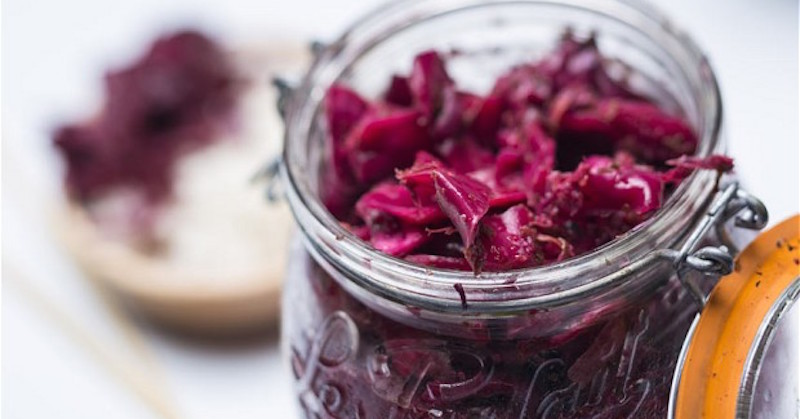
7. Chlorella
Chlorella, single-celled fresh water algae, is often referred to as a near-perfect food, with a wide range of health benefits. For starters, it promotes healthy pH levels in your gut, which in turn helps good bacteria to thrive.
It’s also a potent detox agent for mercury and other heavy metals, which is useful since one of the symptoms of mercury build-up is digestive distress and reduced ability to properly assimilate and utilize fats. Chlorella is even rich in fiber, helping to tone the lining of your intestines and keep you “regular.”
8. Moringa Oleifera
Moringa, sometimes described as the “miracle tree,” has small, rounded leaves that are packed with an incredible amount of nutrition: protein, calcium, beta carotene, vitamin C, potassium … you name it, moringa’s got it.
No wonder it’s been used medicinally (and as a food source) for at least 4,000 years.7 From a digestive standpoint, moringa is high in fiber that, as the Epoch Times put it, “works like a mop in your intestines… to clean up any of that extra grunge left over from a greasy diet.”8
Also noteworthy are its isothiocyanates, which have anti-bacterial properties that may help to rid your body of H. pylori, a bacteria implicated in gastritis, ulcers, and gastric cancer.
9. Psyllium
The recommended daily amount of fiber is between 20 and 30 grams, but I believe about 32 grams per day is ideal. Unfortunately, most people get only half that or less. Your best source of dietary fiber comes from vegetables, and most people simply aren’t eating enough veggies. One way to easily increase your fiber intake is to add psyllium to your diet.
Taking it three times a day could add as much as 18 grams of dietary fiber (soluble and insoluble) to your diet. In addition to supporting healthy digestion, soluble fibers such as psyllium are prebiotics that help nourish beneficial bacteria. These beneficial bacteria in turn assist with digestion and absorption of your food, and play a significant role in your immune function.
Please keep in mind that psyllium is a heavily sprayed crop, which means many sources are contaminated with pesticides, herbicides, and fertilizers. For this reason, be sure to ONLY use organic psyllium husk, and make sure it’s 100% pure. Many supplement brands use synthetic or semi-synthetic active ingredients that do not contain psyllium, such as methylcellulose and calcium polycarbophil. Some brands even add sweeteners and other additives, which you’re better off avoiding.
Related reading: How to do a gastrointestinal cleanse with psyllium husk.
10. Chia Seeds
Chia seeds contain about 10 grams of fiber in just two tablespoons, and they’re rich in anti-inflammatory phytochemicals for soothing gastrointestinal distress. One of chia seeds’ greatest qualities is how easy they are to use.
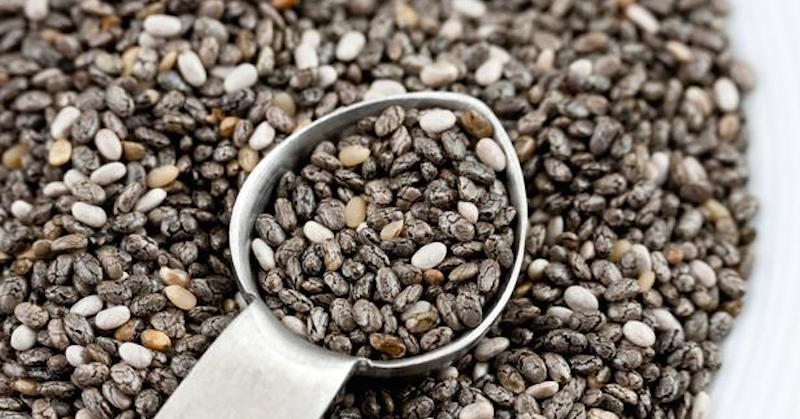
Keep in mind that chia seeds take on a gelatinous texture after they mix with a liquid, so if you prefer a crunch, sprinkle them on just before eating.
Avoid These Six Gut Health Disasters…
In addition to knowing what to add to your diet and lifestyle for digestive health, it’s equally important to know what to avoid, and this includes the following. By avoiding the gut health disasters below and fortifying your diet with the superfoods mentioned above, you’ll be well on your way to optimal digestive health and wellness:
- Antibiotics, unless absolutely necessary (and when you do, make sure to reseed your gut with fermented foods and/or a probiotic supplement).
- Conventionally-raised meats and other animal products, as CAFO animals are routinely fed low-dose antibiotics, plus genetically engineered grains, which have also been implicated in the destruction of gut flora.
- Processed foods (as the excessive sugars, along with otherwise “dead” nutrients, feed pathogenic bacteria).
- Chlorinated and/or fluoridated water
- Antibacterial soap
- Agricultural chemicals, glyphosate (“Roundup“) in particular
This article was originally published on DrMercola.com. Republished here with permission.
Some of the links I post on this site are affiliate links. If you go through them to make a purchase, I will earn a small commission (at no additional cost to you). However, note that I’m recommending these products because of their quality and that I have good experience using them, not because of the commission to be made.
Comments
Leave a Reply

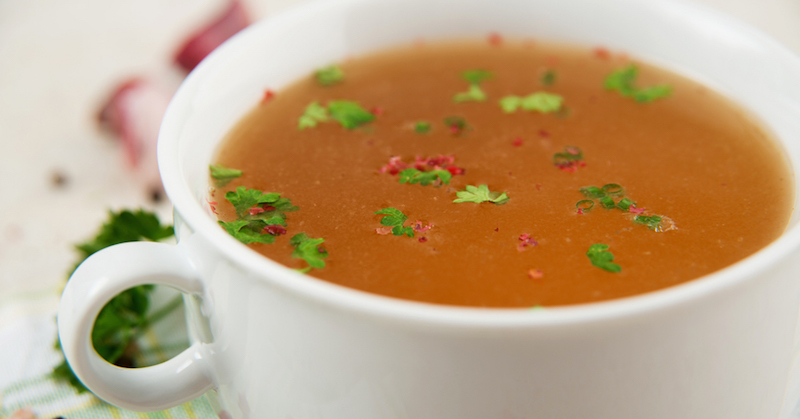
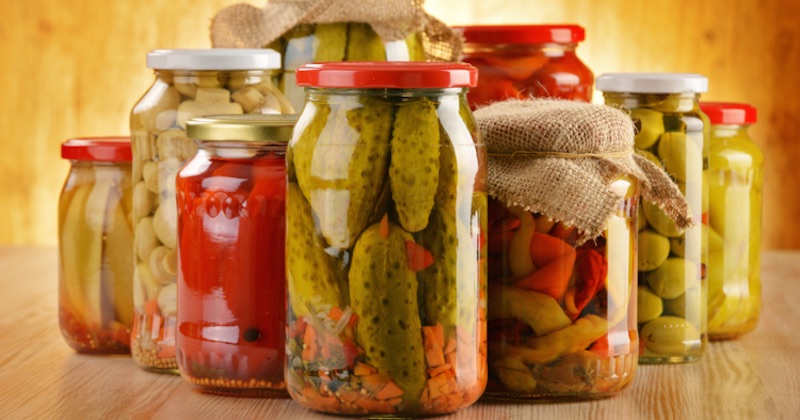
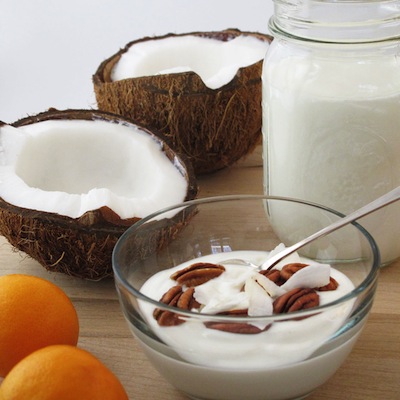
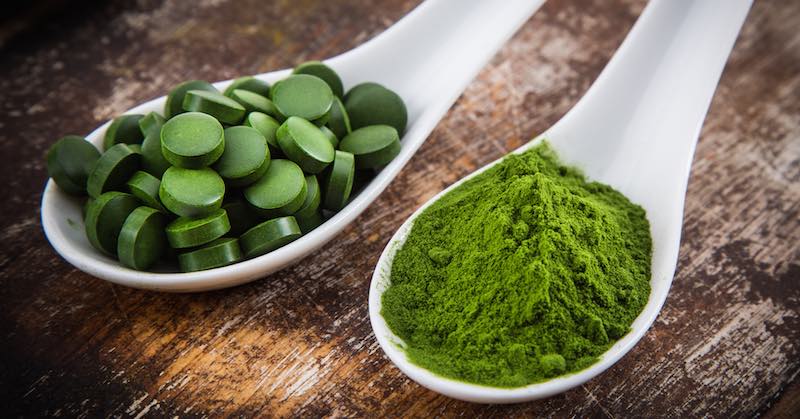
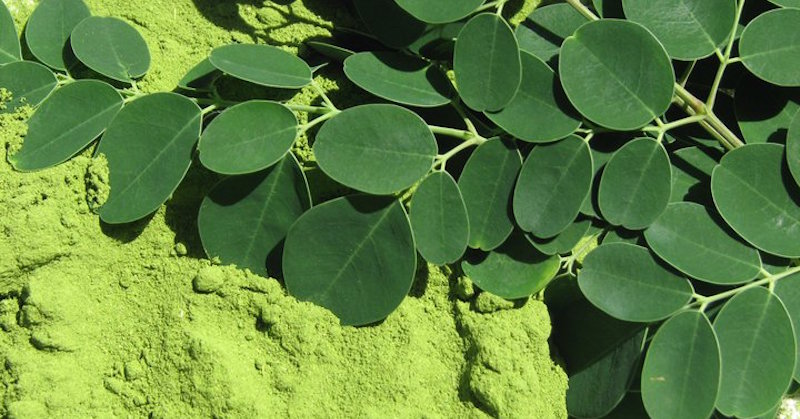


![[Review] Omega VRT330 Masticating Juicer](https://juicing-for-health.com/wp-content/uploads/2019/08/omega-vrt330-juicer-review-90x90.jpg)





























 JOIN OVER
JOIN OVER
I have IBS-D..WITH FECAL INCONTINENCE ..RED CABBAGE SEEMS TO DO THE OPPOSITE. GIVING ME diahhrea..any suggestions? Going on for twenty five years!!
Hi Joanie, please read this article: http://juicing-for-health.com/gastrointestinal-cleanse. This gastrointestinal cleanse, when followed properly, is a great healer for most IBS issues.